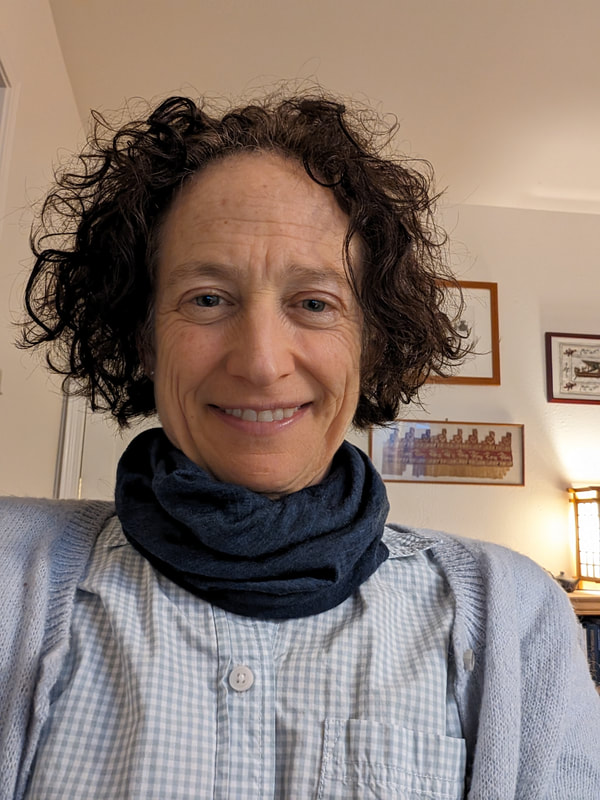WelcomePeople often begin therapy when something has happened in their life that has left them in pain, shaken, confused and lost. Sometimes people are facing extremely painful emotions that they don't know how to live with, sometimes it is patterns of thinking or behaving that make no sense and leave them frustrated and angry, sometimes it is anxiety and fear that prevent them from attaining their goals. Although our culture tells us that, as adults, we ought to figure these things out on our own, I believe that, as essentially social beings, we can benefit very significantly from the help of another person who can work with us to understand what is happening in a context where it is possible to speak openly about ourselves.
My hope is that if you are facing any of these painful difficulties, we can work together to clarify what is confusing, calm what is anxiety-provoking, relieve some of the painful or frustrating thinking, feeling, and acting, and together begin to make out a way forward. Individual TherapyI understand most of the distress that brings people to therapy as arising from the use of ways of relating to self and others that were developed in response to childhood circumstances, and are no longer working.
Our work in individual therapy is primarily to identify these patterns of relating as they occur in your present life, and as they have affected the course of your life so far. We also try to identify how they affect our relationship as we talk together in therapy. Sometimes it is also useful to explore what circumstances in your past led you to develop these ways of interacting with others. This frank exploration of your life, past, present, and here and now in the therapy office, can only take place when the relationship between us feels very safe, so we often examine what is going on between us to ensure that we are working well together. It is my experience that increased self-understanding within a context of genuine attention and respect leads to increased self-acceptance, which in turns frees us to try new patterns of thought, feeling, and behavior. I describe my approach to individual therapy in more detail here. Couple TherapyWe tend to feel good in our romantic relationships when we are able to share what is most salient in our mind at any moment, and it is received by our partner with the right attitude. When we share something painful, we would like sympathy, when we share something like shame or fear, we would like our partner to remember our strengths, when we share the news of an achievement, we would like our partner to be delighted, admiring, and proud, when we share an idea, we want our partner to treat it with respect, even when they disagree. When there are sufficient satisfactory exchanges, partners tend to establish a positive cycle where each partner gives the other the benefit of the doubt, isn’t suspicious of the other’s intentions or benevolence, and there are few conflicts—easily resolved.
But when the majority of exchanges are mis-attuned or hostile, a negative cycle gets established where, because each partner expects to be disappointed, they share what is on their mind in protected and hostile ways that tend to trigger hostile responses in their partner, and both misinterpret each other in unflattering ways. When such a cycle is established, partners tend either to continue trying to communicate (that is, they fight) or they stop trying and become indifferent to each other. The main goal of collaborative couple therapy is to help partners recover the ability to engage in satisfying exchanges, so that they can reestablish a positive cycle of interaction, revive trust, respect, admiration, sympathy, and all the other attitudes which, when they are deployed in everyday interactions, constitute love. In couple therapy, we do this by talking about whatever is on your mind, and tracking what happens between you that leads to either conflict or withdrawal. I tend to intervene mainly by helping each partner say what is on their mind, and then helping both partners understand what is happening between them when conflict or withdrawal occurs. |
Claudia Eisen Murphy, M.A., LMHC
Licensed Mental Health Counselor Areas of expertiseI provide psychotherapy for adults and couples facing a wide array of life stressors and emotional distress. I work primarily from a psychodynamic perspective. With couples, my work is influenced by Sue Johnson's EFT approach, as well as Dan Wile's Collaborative Couple Therapy. Areas of expertise include:
|
